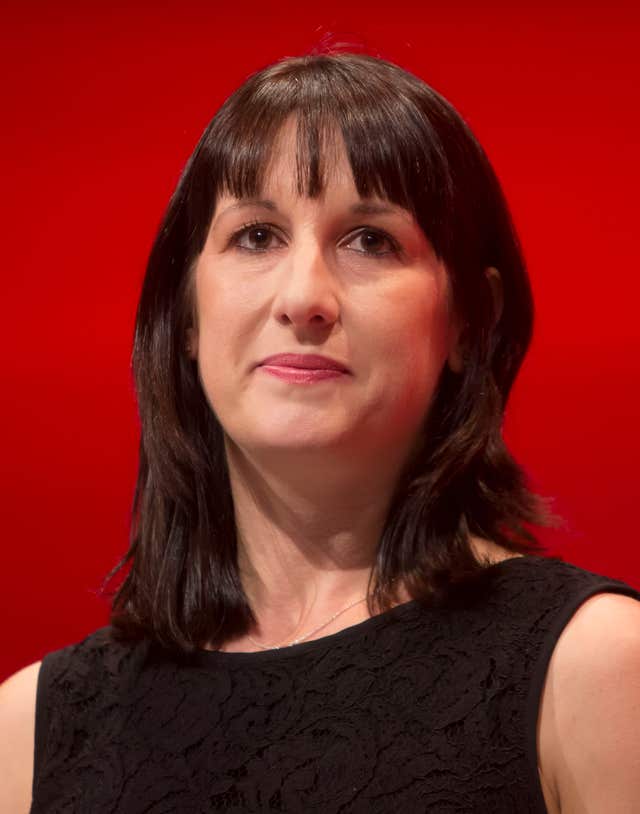
Britain’s Big Four accountancy firms should be broken up following failings exposed by the collapse of construction giant Carillion, a damning parliamentary report has said.
KPMG, PwC, Deloitte and EY come in for severe criticism from MPs on the business and pensions committees, who conducted a joint inquiry into Carillion’s demise.
Their final report says the audit profession is undergoing a “crisis of confidence”, and the auditors’ tangled web of involvement in Carillion’s woes illustrates the need for a “more competitive market”.
Rachel Reeves, chairwoman of the BEIS Committee, said: “The auditors should also be in the dock for this catastrophic crash.
“The sorry saga of Carillion is further evidence that the Big Four accountancy firms are prioritising their own profits ahead of good governance at the companies they are supposed to be putting under the microscope.
“KMPG, PwC, Deloitte and EY pocket millions of pounds for their lucrative audit work – even when they fail to warn about corporate disasters like Carillion.
“It is a parasitical relationship which sees the auditors prosper, regardless of what happens to the companies, employees and investors who rely on their scrutiny.”
The MPs have called on the Competition and Markets Authority to examine a break-up of the Big Four.
 Rachel Reeves says auditors should be ‘in the dock for this catastrophic crash’ (Danny Lawson/PA)
Rachel Reeves says auditors should be ‘in the dock for this catastrophic crash’ (Danny Lawson/PA)
The report pointed to audits carried out by Deloitte and KPMG, as well as EY’s advisory role and PwC’s multi-faceted jobs that involved Carillion’s pension schemes and its latest incarnation as special manager of the liquidation.
The Financial Reporting Council has gone as far as to open an investigation into KPMG over its audits of Carillion under the Audit Enforcement Procedure.
Professional services firms have pocketed a total of £71.6 million in Carillion-related work since 2008, including on its pension schemes, according to a separate report by the committees.
Carillion’s liquidation in January left a £900 million debt pile, a £590 million pension deficit and hundreds of millions of pounds in unfinished public contracts.
The role of auditors has come under the spotlight, with questions asked about why problems at the firm were not spotted sooner.
“If one member of the oligopoly is a company’s external auditor, the others can rely on providing other services, at all stages in a company’s life cycle, and rack up substantial fees whatever the result,” the report said.
“The Big Four collectively even benefit from mutual failure, as one of them will be invariably called in to advise on clearing up the mess left by the implementation of the previous advisers’ proposed remedy.”
A KPMG spokeswoman said: “We believe we conducted our audit appropriately.
“However it’s only right that following a corporate collapse of such size and significance, the necessary investigations are performed.
“Auditing large and complex businesses involves many judgments and we will continue to co-operate with the FRC’s ongoing investigation.”
She added that KPMG welcomes any future review of the profession.


Why are you making commenting on The Herald only available to subscribers?
It should have been a safe space for informed debate, somewhere for readers to discuss issues around the biggest stories of the day, but all too often the below the line comments on most websites have become bogged down by off-topic discussions and abuse.
heraldscotland.com is tackling this problem by allowing only subscribers to comment.
We are doing this to improve the experience for our loyal readers and we believe it will reduce the ability of trolls and troublemakers, who occasionally find their way onto our site, to abuse our journalists and readers. We also hope it will help the comments section fulfil its promise as a part of Scotland's conversation with itself.
We are lucky at The Herald. We are read by an informed, educated readership who can add their knowledge and insights to our stories.
That is invaluable.
We are making the subscriber-only change to support our valued readers, who tell us they don't want the site cluttered up with irrelevant comments, untruths and abuse.
In the past, the journalist’s job was to collect and distribute information to the audience. Technology means that readers can shape a discussion. We look forward to hearing from you on heraldscotland.com
Comments & Moderation
Readers’ comments: You are personally liable for the content of any comments you upload to this website, so please act responsibly. We do not pre-moderate or monitor readers’ comments appearing on our websites, but we do post-moderate in response to complaints we receive or otherwise when a potential problem comes to our attention. You can make a complaint by using the ‘report this post’ link . We may then apply our discretion under the user terms to amend or delete comments.
Post moderation is undertaken full-time 9am-6pm on weekdays, and on a part-time basis outwith those hours.
Read the rules here